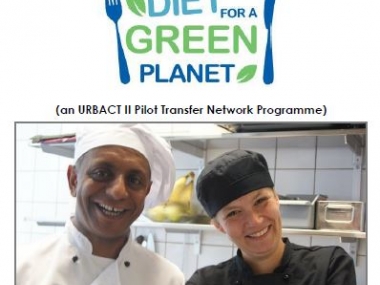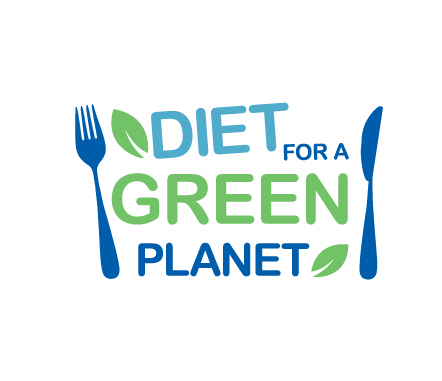Baseline Report, Diet for a Green Planet
Edited on
09 April 2015Södertälje Municipality has converted its public kitchens to the Diet for a Green Planet concept, which means environmental and climate friendly food with high quality.
This has been done without increasing the budget for the operational costs, and has been possible through structural changes and more professional staff.
A key factor was the cooperation with the BERAS Implementation project, during which funding was given during three years for developing the concept, for training and for knowledge exchange both on national and international level in the Baltic Sea region.

Executive summary
The Diet Unit in Södertälje Municipality started in 2006 to convert its public kitchens from a centralized to a decentralized organization where cooking and menu decisions are made at the respective units (kitchens). This created a basis for developing the Diet for a Clean Baltic concept together with the BERAS Implementation project, an EU funded project in the Baltic Sea region. The aim of BERAS Implementation was to reduce the negative impact of agriculture and food production on the Baltic Sea.
It worked with three main concepts:
- Ecological recycling agriculture, ERA
- Sustainable Food Societies
- Diet for a Clean Baltic
Södertälje’s Diet Unit led the implementation of the Diet for a Clean Baltic concept. A key factor for the success was that funding was given during three years mainly for training and knowledge exchange, both on national and international level in the Baltic Sea region.
Criteria for the Diet for a Clean Baltic concept in short:
- Tasty and healthy food
- Organically grown, ideally from Ecological Recycling Agriculture
- Less meat, more vegetables and wholegrain
- Seasonal and locally produced food
- Reduced waste
This has been implemented in the public kitchens of Södertälje without increased budget for operational costs. It was made possible through structural changes and more professional staff. The concept has shown to be both adaptable and inspiring in other parts of the world, and the further development to a Diet for a Green Planet has therefore begun in 2013.
Download the full baseline report (pdf) here:
 Submitted by ddworetsky on
Submitted by ddworetsky on
